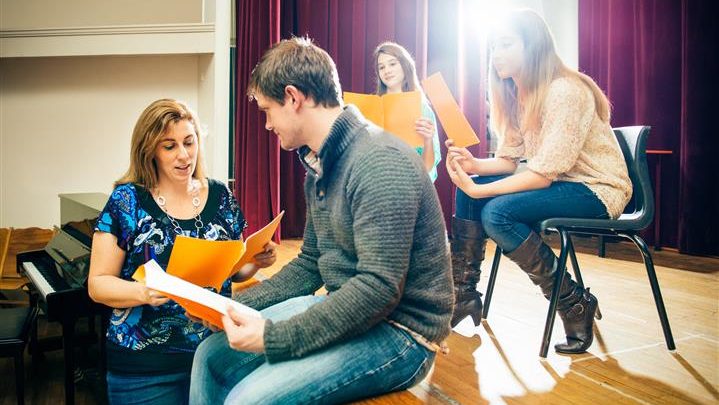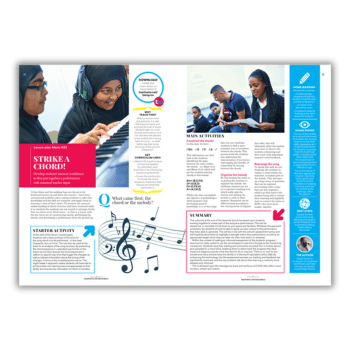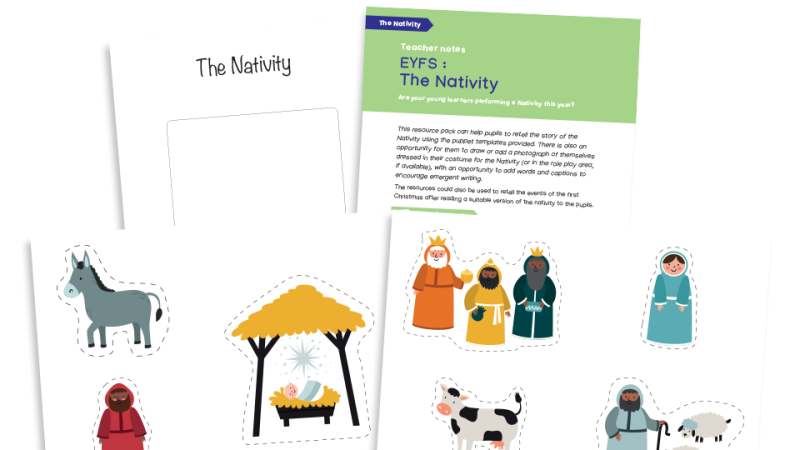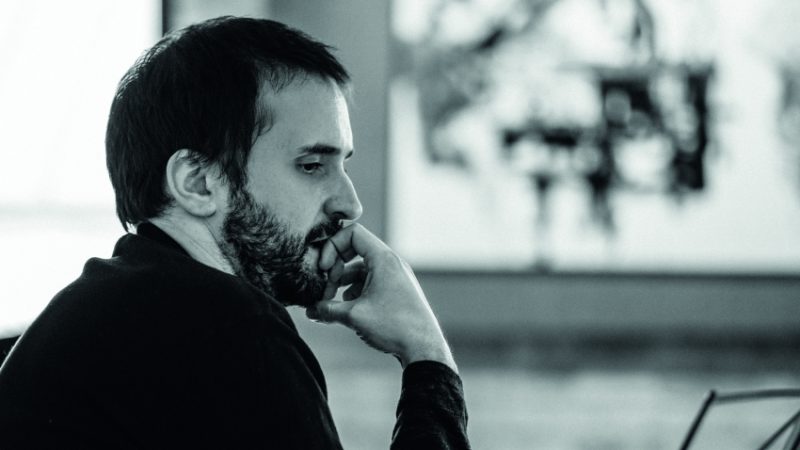Why I Won’t Stop Fighting for the Arts in Schools

The creative industries in this country are worth billions, says James Haddrell – and for young people, the chance to participate in the arts can prove priceless…

At the end of 2017 the government released figures showing that the creative industries sector in this country was growing at twice the rate of the UK economy, worth almost £100bn. Just six months later, the Stage Newspaper reported that the number of young people being entered for GCSE drama in England had fallen by 5.5% to less than 60,000, with a total drop of nearly 100,000 entrants across all arts subjects in the previous two years.
It can be no coincidence that the drop in the number of students studying the arts comes at the same time as the implementation of the EBacc with its well-publicised omission of arts subjects – but given that the arts industry is supporting the UK economy, bucking the trend in growth rate while maintaining an enviable reputation around the world, it surely can’t be logical to encourage a reduction in the number of students considering a career in the arts.
The delay in the impact on the economy has no doubt made the decision an easier one to make in the short term, but we are heading for a moment when the UK’s creative industries are hit by a dramatic decrease in infrastructure with reduced numbers of suitably skilled graduates – from actors, dancers and visual artists to arts marketers, producers, designers and so on.
However, while industry professionals and teachers alike rightly bemoan the decline of the arts within schools, the loss of arts subjects from the core curriculum need not necessarily mean that pupils are destined to lose all arts engagement – and there are strategies in place in some schools that can ensure the retention of those experiences and, in the longer term, protect the future influx of talent to these valuable industries.
Professional partnerships
I have long been an advocate for partnerships between schools and professional arts organisations. I have worked as a governor at a state secondary school, I co-run an after-school drama club at a state primary, and at Greenwich Theatre we are an annual partner venue in the Shakespeare Schools Festival, allowing pupils from both primary and secondary schools to perform on our stage. Many of the schools involved prepare their performances outside of timetabled classes, across different year groups, ensuring an unforgettable experience for those who participate whether the school offers formal performance classes or not.
Greenwich Theatre has also partnered with Stantonbury International School in Milton Keynes, part of the Griffin Schools Trust, to launch an innovative new extra-curricular performance opportunity for pupils – a professional pantomime presented at the venue, with a cast of 6 professional actors and 40 students, who then work in 3 teams performing every third show.
The inclusion of children in pantomime is clearly not unusual, but the model usually sees a partnership between a professional theatre and a local dance school. There is nothing wrong with that model, but those children are already accessing extra-curricular performance opportunities, and crucially, their families are paying for it.
The students included in the show at Stantonbury International School are not fee-paying. They are not even necessarily studying an arts subject, nor do they necessarily have any experience. They are just keen to try it out and find out more about it.
By any means
The set-up at the school is certainly unusual given the venue facilities on-site – it is surely one of the only state schools in England with a public theatre on site – but there’s no reason why the same couldn’t happen in a school hall, as a summer show outdoors, or as a site specific piece across a whole school.
Regardless of curriculum choices by school leaders, schools have the infrastructure to ensure the rounded development of pupils by reaching out to arts organisations and offering these kind of enriching arts activities outside of the curriculum – and arts organisations have an obligation to pursue these kind of activities, both in engaging participants of all ages and in ensuring a strong future for the professional industries.
There is no doubt that the EBacc threatens the arts education of the next generation and in turn the stability of the multi-billion pound creative industries in this country, but it is still possible for arts organisations and schools to work together to find ways to ensure that the benefits of the arts are still felt by the young people of this country and, in turn, that our creative industries remain the envy of the world.
James Haddrell is Artistic & Executive Director of Greenwich Theatre, London












